Hate a man who swallows [his food], affecting not to know what he is eating. I suspect his taste in higher matters
![Hate a man who swallows [his food], affecting not to know what he is eating. I suspect his taste in higher matters Picture Quote #1 Hate a man who swallows [his food], affecting not to know what he is eating. I suspect his taste in higher matters Picture Quote #1](https://img.picturequotes.com/2/25/24087/hate-a-man-who-swallows-his-food-affecting-not-to-know-what-he-is-eating-i-suspect-his-taste-in-quote-1.jpg)
Hate a man who swallows [his food], affecting not to know what he is eating. I suspect his taste in higher matters
Charles Lamb, the renowned English essayist and poet, was known for his wit, humor, and keen observations on human behavior. In his essay "The Two Races of Men," Lamb delves into the topic of food and eating habits, particularly focusing on the behavior of a man who swallows his food without savoring it or acknowledging its taste. Lamb expresses his disdain for such a man, suggesting that his lack of appreciation for the simple pleasure of eating may reflect a lack of discernment in other aspects of life.Lamb's statement, "Hate a man who swallows, affecting not to know what he is eating. I suspect his taste in higher matters," reveals his belief that a person's attitude towards food can be indicative of their character and values. By dismissing the act of eating as a mere necessity and not taking the time to enjoy and savor the flavors of a meal, Lamb suggests that the individual may also lack appreciation for the finer things in life and may have a shallow or unrefined taste in other areas.
Lamb's emphasis on the importance of savoring and enjoying food is reflective of his overall philosophy on life. He believed in the value of simple pleasures and the importance of finding joy in everyday experiences. For Lamb, food was not just a means of sustenance but a source of pleasure and comfort, and he believed that taking the time to savor a meal was a way of honoring and appreciating the gifts of nature.


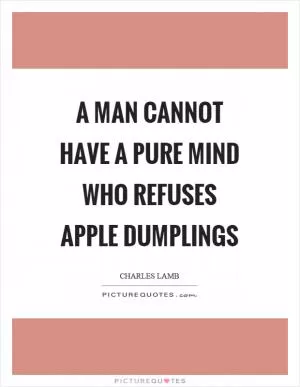

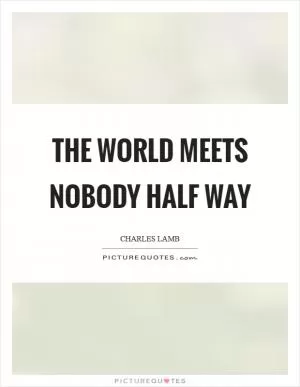
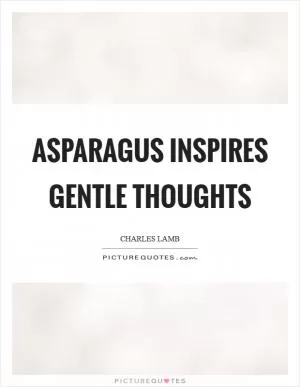
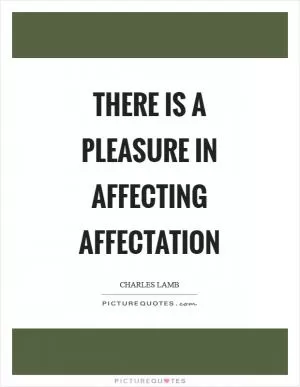

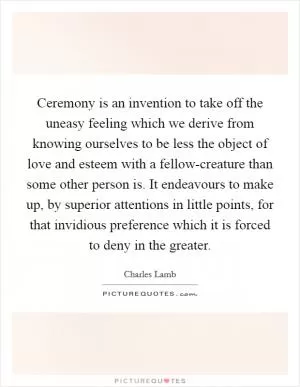
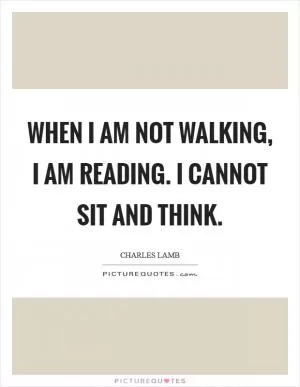
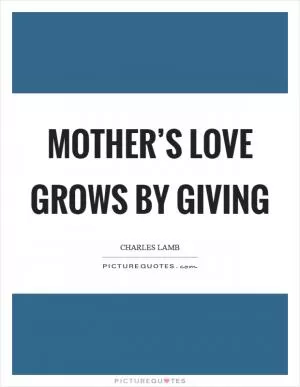

 Friendship Quotes
Friendship Quotes Love Quotes
Love Quotes Life Quotes
Life Quotes Funny Quotes
Funny Quotes Motivational Quotes
Motivational Quotes Inspirational Quotes
Inspirational Quotes